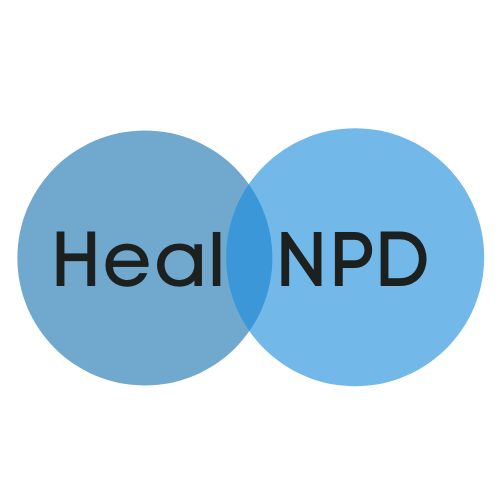Disagreements are opportunities to increase flexibility
The Importance of Flexibility
There's an old saying: "When all you have is a hammer, everything looks like a nail." As adults, we know that not every job requires a hammer, and not every problem is a nail. Some situations call for different tools. To be well-prepared for all that life has to offer, we want to have a large set of "tools in our toolbox"- an assortment of coping skills and perspectives. In other words, we want to be flexible in terms of how we deal with ourselves and other people.
Most experts recognize that mental and emotional flexibility are essential to psychological health. When someone has rigid ways of coping, they tend to treat all situations the same. Everyone knows someone who is easily overwhelmed, always in crisis, or always acting a certain way toward other people. These are folks who have rigid coping skills. They are more likely to develop mental health problems because they have very fixed ideas of how people (including themselves) are supposed to act and feel. They see every situation "as though it were a nail," and respond with a hammer.
Overly rigid and inflexible coping skills usually come from having experienced instability in early relationships. When things don't feel safe or predictable, we instinctively "batten down the hatches" – we brace ourselves in order to feel more secure. Children who grow up in abusive or unsafe environments (such as with alcoholic or substance abusing caregivers, caregivers with mental health issues, or families with a lot of emotional instability) may develop overly rigid ways of relating to themselves and other people. People who habitually approach the world from this "battened down" position get stuck easily. They typically have trouble participating in long-term healthy relationships because adult relationships require flexibility.
When discussing this topic, I like to use the example of suspension bridges. Suspension bridges are engineered to bend and sway in response to wind, earthquakes, or the weight of cars passing across them. Without this flexibility, the bridge would eventually be overcome by natural forces. It would snap. Like a suspension bridge, people and relationships are strong by virtue of their flexibility.
Disagreements are Opportunities to Increase Flexibility
Many of us are raised to see disagreements as bad. To be certain, most people don't like being in an argument. There is nothing fun about fighting with your partner or close friend. However, I like to think of disagreements as opportunities to increase flexibility. Arguments force us to come face to face with difference. When we disagree we are forced to deal with differences in opinion, in feeling, in perspective, and in desire. Disagreements challenge our set ideas about how a relationship is supposed to go.
Psychologists call relationship disagreements "ruptures." The great thing about ruptures is that they present us with the opportunity for repair. Repair is the process of learning to bend without breaking, to stretch our capacities for acceptance, forgiveness, and love. Through repair, we push beyond barriers and deepen our connection with another person. We are moved out of our comfort zones. Perhaps most importantly, successful repair almost always requires us to relax our rigid defenses and use the cornerstone of all human relationships: empathy.
So the next time you find yourself in a disagreement with someone you care about, consider the opportunity that has presented itself. Think about those suspension bridges, and how they only stay standing because they are flexible. Ask yourself what ideas you are applying about how people are supposed to act and feel, and consider the possibility that those ideas can bend without breaking. Relationships are all about growth. Any physical trainer will tell you that muscles don't grow without the muscle fibers first being torn. It is the process of repair that makes the muscle stronger. Similarly, people don't grow without first being stretched beyond their comfort zones. A good relationship will do just that…if we are open to the possibility.
The bend in the road is not the end of the road unless you refuse to take the turn."
- Anonymous

